8 Types of Device Protection Every Home PC Should Have
In the US, the average person now has 10 connected devices: Smart TVs, laptops, home assistants, children’s phones, home security systems, and more. Since they’re connected, any of these devices are susceptible to nefarious acts from those outside your home. So device protection is critical. Here are eight you should strongly consider.
1. Public Wi Fi Protection
Public Wi Fi is ubiquitous. And it’s just too tempting for most of us who love anything free.
But many people underestimate the danger of using public WI Fi at the grocery store, airport, restaurant, hotels, or anywhere.
Criminals can and do intercept signals between your device and the public router. And even if you’re careful not to do online banking, cybercriminals are masters of putting clues you leave behind together to figure out how to access your most sensitive data.
But you can still enjoy the free Internet like everyone else. Often, the most cost-effective solution is to use a Virtual Private Network(VPN) as part of a security suite. VPN has many benefits, one of which is its encryption feature, keeping prying eyes off your data and online activities.
2. Dark Web Monitoring
The Dark Web isn’t a scare tactic. Roughly 48% of the Internet is dark.
It’s real, and on it, people buy and sell personal information like your most commonly used passwords, payment processor logins, and even your debit card’s PIN.
Did you know if someone has your debit’s personal identification number (PIN), your bank will most often not reimburse you if someone steals all your money out of the account? By allowing you to create your own PIN and not keeping PINs on file at the bank, they know with certainty that the only way it leaked was through you.
You’d be amazed how many people send PINs and Passwords through texts, emails, and messages where they can be fairly easily intercepted. Yeah, don’t do that.
In the increasingly connected time we live in, it would be surprising if you didn’t have some of your information out there.
Every bit of information sold about you isn’t a direct threat. Take your recent Amazon purchases, for example. But it’s important to know what’s out there about you and if it does pose an imminent danger.
The faster you know something is out there, the more quickly you can take steps like changing your PINs and passwords.
3. Password Management
According to CNET, over 555 million personal and work passwords have been bought and sold on the Dark Web just between 2017 and the end of 2020.
Any security expert will tell you not to write your passwords down. But in the same breath, they’ll tell you your passwords are too easy to guess and not to reuse passwords.
But the average person has 85 passwords to remember. So this outdated advice may seem smart, but it’s completely ridiculous in the real world.
That is unless you have password management. The whole family can keep their passwords accessible on their devices, but only to them.
Look for password managers that generate impossible to guess passwords that you can then store in the manager.
4. Keystroke Encryption
It doesn’t matter how strong passwords are if someone can log your keystrokes to figure them out.
Keystroke readers can go undetected because they hide in seemingly legitimate apps and extensions that you may have permitted to log certain activities.
You just didn’t know about all the other stuff they were tracking.
5. Antivirus / Antimalware
Every device needs antivirus. No operating systems or devices are immune.
6. Backup of Important Files
Your antivirus may or may not catch the latest ransomware, allowing criminals to encrypt your files or lock you out of your computer until you pay their cryptocurrency ransoms. So it’s important to be smart and backup any files you would feel devastated to lose.
7. Spam Detection Filters
Modern spam can quickly redirect suspicious emails to your junk folder so you never even see them. This reduces the risk that you fall for it in a late-night momentary lapse in judgment.
Today’s spam filters use machine learning across many users to identify spam. They look at how others respond to an email and identify spamming, disreputable senders attempting to mask their identities.
8. Parental Controls
It’s hard to keep kids honest about device usage. But you don’t want to look over their shoulders.
Leverage parental controls to maintain some control over the types of websites or how long teens spend on their phones. Reduce device-induced insomnia by turning off teen device’s Internet after bedtime.
Device protection comes in many forms. No one plan will be right for every family. But it’s important to think bigger than just antivirus when it comes to device protection. These are definitely some types to consider.

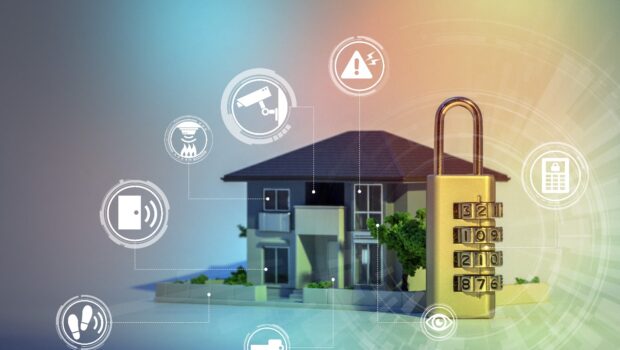

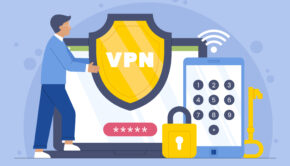

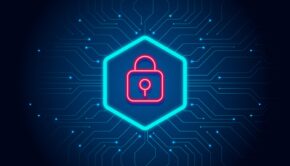
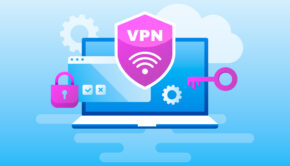

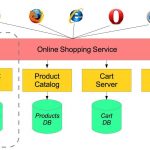

![Fun Facts About Drupal [Infographic]](https://technofaq.org/wp-content/uploads/2018/03/drupal-infographic-150x150.png)





